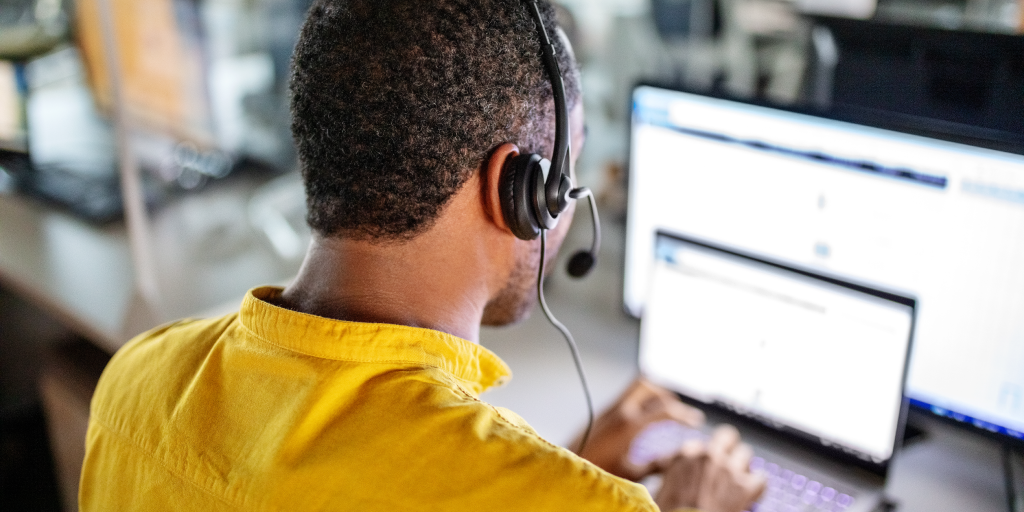

In this Cisive Product Highlight series, we’ll review key tools to consider when screening your...

In this Cisive Product Highlight series, we’ll review key tools to consider when screening your workforce, as well as tips and best practices when ordering them from Cisive and our family of brands.
This month’s highlight is Social Media Screening.
The Social Media Background Check is a service for employers who wish to screen their current or potential employees across multiple social media platforms for adverse information. This is done by using a combination of technology and three layers of expert human analysts to correctly identify a candidate’s online presence on publicly available platforms. This is a Fair Credit Reporting Act (FCRA) product (nothing reportable over seven years) and is completed by a Professional Background Screening Association (PBSA) accredited organization.
Employers who utilize social media reports in their background screening process may find evidence of hate speech, bullying, threats of violence – all red flags that are difficult to uncover using traditional screening processes.
It’s important to note that there are many regulations regarding the use of social media when screening applicants or employees. Employers that search social media on their own are highly likely to come across “protected class” information, which is safeguarded by United States Federal anti-discrimination laws. This information cannot be used when making final hiring decisions, and includes:
To avoid any suggestion of discrimination, employers may want to consider utilizing a compliant third-party screening provider to process social media screenings. Experienced providers, such as Cisive, will provide information relevant to an employer’s business, while redacting “protected class” information.
Social media reports may include an applicant or employee’s posts, photos, videos, content they like or follow, and public search results. It is up to the individual employer what adverse items are included. Cisive’s Social Media Background Checks are capable of including the following filters:
Social media reports are then appended to the Cisive background reports as a PDF. The report contains live links to the pages/posts, as well as screenshots that were located during the search. If the posts were deleted, metadata (the digital footprint of the post) is also included to prove that it did exist.
Cisive provides a few reminders when ordering a Social Media Background Check report:
Contact Cisive to develop a Social Media screening program that will help your organization identify applicant or employee red flags, while remaining compliant with all federal and state guidelines.
Author: Jenni Gallaway
Bio: Content Marketing Manager at Cisive. 8 years of experience in the background screening industry.
Let's Connect on LinkedIn
In this Cisive Product Highlight series, we’ll review key tools to consider when screening your...

In this Cisive Product Highlight series, we’ll review key tools to consider when screening your...

In this Cisive Product Highlight series, we review key tools to consider when screening your...